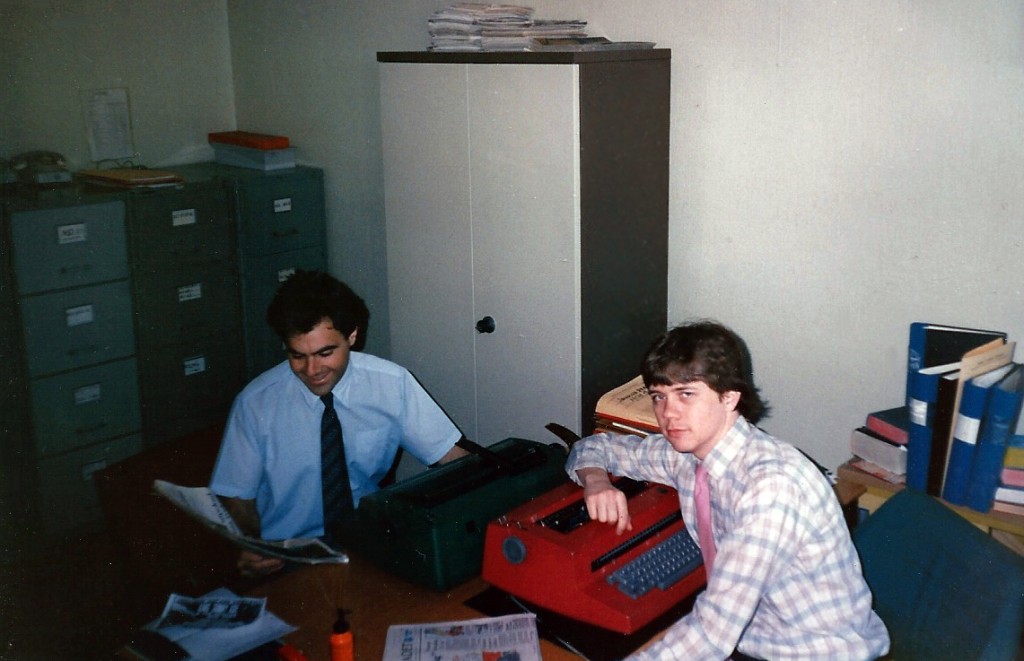I believe the evidence is clear enough to tell us this much: We were created not by a supernatural intelligence but by chance and necessity as one species out of millions in Earth’s biosphere. Hope and wish for otherwise as we will, there is no evidence of an external grace shining down upon us, no demonstrable destiny or purpose assigned us, no second life vouchsafed us for the end of the present one. We are, it seems, completely alone.
In Sophocles’ play Oedipus the King, the title character hears a rumor that he may not be what he thinks he is: the son of Polybus and Merope, the King and Queen of Corinth. Polybus and Merope deny the rumor, but Oedipus seeks external confirmation, and visits the Oracle at Delphi. The oracle ignores his question, and instead prophecies that he will kill his father and wed his mother.
Oedipus has no evidence he is not his parents’ son. He has no evidence to suggest he will eventually kill Polybus and marry Merope. But the latter is a much bigger problem than the former, so Oedipus ignores the first small problem and acts on the second, leaving Corinth forever, so as to avoid this horrible fate. He then proceeds to live his life as if he had solved his problem. And, of course, because this is a Greek tragedy, he hadn’t.
Rumors are not facts. Prophecies are not proven theorems. Yet it is not true that Oedipus had no evidence that he was not his parents’ son. He had the rumor. He had the prophecy. In a Bayesian sense, he should have considered the odds of his being adopted having increased from 0% before hearing the rumor and the prophecy, to what–1%? 10%? 25%?–afterwards.
The odds being less than 50%, however, the logical thing for Oedipus to do when faced with any given binary decision is to act as if the rumor was false. That’s the choice that gives him the best odds of succeeding, based on the information he has.
Hubris is extreme pride and arrogance shown by a character that ultimately brings about his downfall.
Hubris is a typical flaw in the personality of a character who enjoys a powerful position; as a result of which, he overestimates his capabilities to such an extent that he loses contact with reality. A character suffering from Hubris tries to cross normal human limits and violates moral codes.
–Definition of Hubris from Literary Devices
Is it extreme pride and arrogance to make the most logical decision? If so, then the human condition is tragic no matter what decisions we make.
If we choose with the odds based on the best information we have, we risk making a catastrophic decision because we lacked a critical piece of data. If we choose out of rumor and superstition and fear, we risk living a life where bad decisions compound themselves with every choice we make, and we end up living a suboptimal life.
The more successful we are, however, the more likely we are to make the catastrophic decision that results in a classical, Greek-style tragedy. With every successful decision we make, the less likely it is, in a Bayesian sense, that we are lacking that critical piece of information, and the more likely it is, in a Bayesian sense, that our decision-making process is sound.
If you have a decision-making algorithm, and you’re 50% sure it’s good, and then you test it, and it works, now you’re, what–51%? 55%? 60%?–sure that it works. Test it again and it works again, and the odds rise again. Eventually, if you reach the top of a hierarchy and stay there, you get really confident that you know what you’re doing. You’re the king!
Hubris, then, is the logical result of success. In every form of competition, somebody has to reach the top. The closer to the top you get, the more likely it is that you think your success is because of your knowledge and your decision-making process. The more you become certain that your data and your process are sound, the more you should logically make bigger and bigger bets based on that data and that process. And because of those bigger and bigger bets, the harder you will fall if and when it turns out that your data and/or your decision-making process was flawed.
But if you look at the impact those trades have on this particular team’s offense, it’s negligable. Offensively, the numbers tell us that losing Cespedes is no big deal.
If you look at Yoenis Cespedes statistically, there’s no real evidence that trading him would hurt the A’s very much. His numbers are mediocre, and easily replaced.
But looking back on the trade now, it feels like the A’s and their fans were focused on the wrong prophecy. The prophecy that a superstar ace pitcher was the missing piece to Moneyball. The significant rumor, the important piece of Bayesian evidence that we ignored was this: that the 2012-14 A’s team was not a product of Billy Beane’s genius. That this team played like complete and utter crap for five years, and then Yoenis Cespedes showed up, and it suddenly and immediately became good. That for 2 1/2 years, when Cespedes was in the lineup, the team played well, and when he was out of the lineup, the team played like crap, regardless of how well Cespedes was playing.
And then Beane, in his moment of hubris, trusting the logic and the data and the decision-making process that had made a best-selling book and a Hollywood movie of his life and had seemingly landed him in first place for 2 1/2 years, traded Cespedes away, and the team reverted immediately to playing like complete and utter crap again.
Could this Cespedes anomaly possibly, actually be real thing? No one can explain it. The fans don’t know why this Cespedes anomaly exists, and all the statisticians don’t know why, and Bob Melvin doesn’t know why, and Billy Beane doesn’t know why. There no evidence! It’s just rumor, innuendo, speculation, unfactual gobbledygook, completely illogical bullshit ex-post-facto rationalization.
But it’s there. It exists. It hurts to look at it. And it has all of us A’s fans wanting to poke our eyes out.
The gods hate us. They want to punish us for our pride and arrogance.
And you may say, gods are superstitious nonsense, that there is no evidence of an external wrath raining down upon us, no demonstrable cruel destiny or fate assigned us, no eternal Sisyphean existence vouchsafed us for the end of the present one.
And that’s true. There is no evidence for the existence of God, or gods. Except for the small, annoying, persistent rumor that at this particular point in time, we are here.


